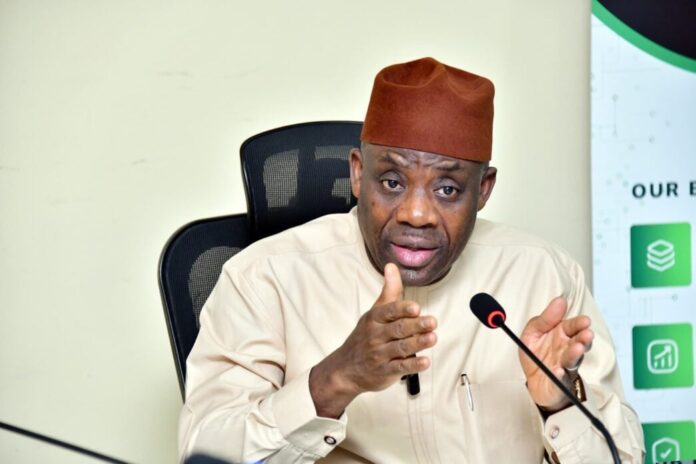The Federal Government has explained reasons why it adopted the use of English as the official language for teaching instructions in Nigerian schools.
The Minister of Education, Tunji Alausa, in a statement issued by the Director of Press and Public Relations at the ministry, Folashade Boriowo, on Wednesday, said the ministry has directed that the nation’s schools should embrace the use of English as the official language for instruction at the nation’s schools.
The statement, however, confirmed that English language remains the medium of instruction from primary to tertiary levels.
“The use of mother tongue for Primary 1–3 has been discontinued due to challenges in implementation, inadequate learning materials, teacher limitations, and poor transition outcomes,” the statement noted.
According to her, the Minister said, “the policy aligns with global best practices and supports President Bola Ahmed Tinubu’s Renewed Hope Agenda,” and “described language as a tool for inclusion and development, stressing that consistent policy ensures equitable and quality education.”
The Federal Government, however, retained its inclusive language policy, which encourages the teaching of at least one Nigerian language alongside English in schools.
These were the high points of the decisions taken at the 69th meeting of the National Council on Education (NCE) in Akure, Ondo State. The council is made up of the 36 states and the Federal Capital Territory (FCT).
The media has, however, been awash with reports that the Federal Government unilaterally ditched the policy of teaching local languages from Primary 1 to Primary 3 pupils for English.
However, an official of the National Council on Education faulted the narrative, saying the pressure to drop local languages came from the states, with many complaining of the shortage of trained teachers to teach the pupils in local languages.
The official noted the need to foster unity, as well as the shortage of teachers trained in local languages, inadequate learning materials, and poor outcomes, among other challenges influenced the decision, adding that it was designed to frustrate the growth of indigenous languages, as claimed in some quarters.
“I was at the meeting. You know that Nigeria is a federation, and to a large extent, the Constitution empowers the federating states to handle such issues as education, which is on the concurrent list.
“When an overwhelming number of Commissioners of Education of the states insisted that they could no longer cope with the policy, there was very little the Hon. Minister of Education, Dr. Tunji Alausa, could do.
“The media highlighted the policy change on local languages without talking of the inclusive language policy. It is not like the Honourable Minister went out of his way to announce the policy change; it had to do with what the states wanted,” the official said.

